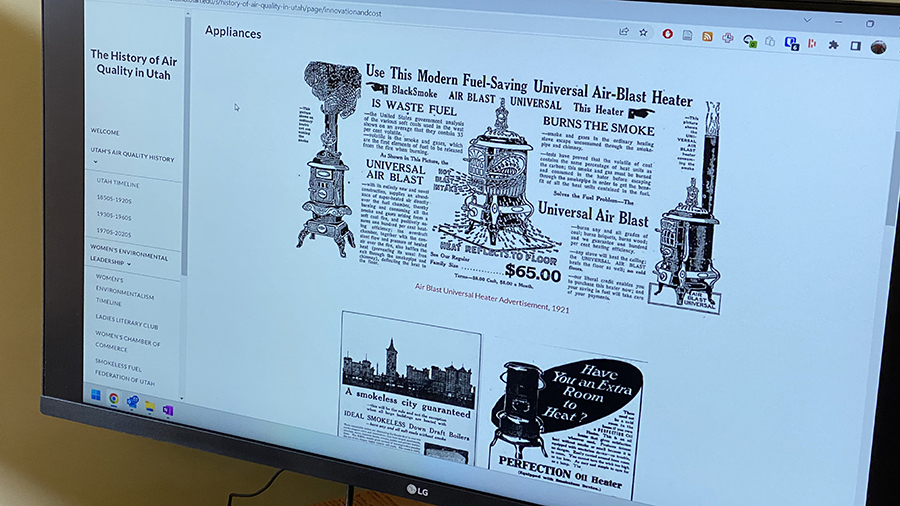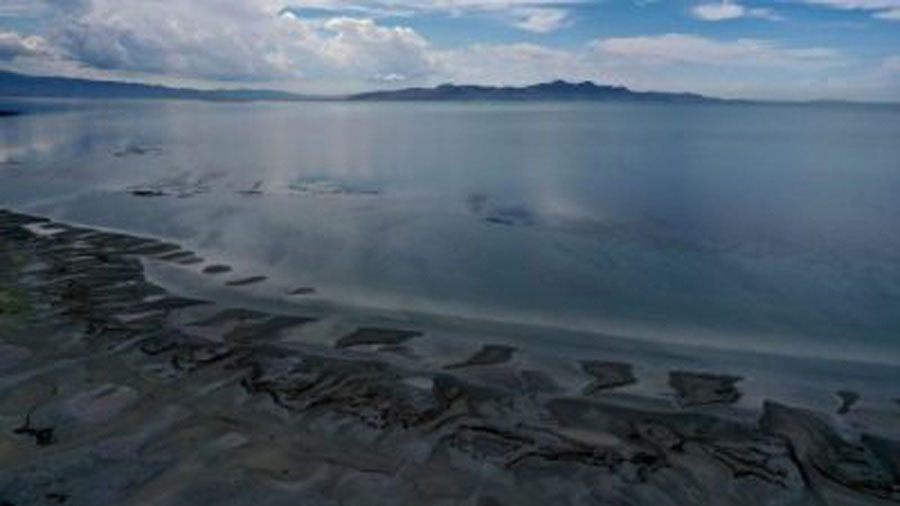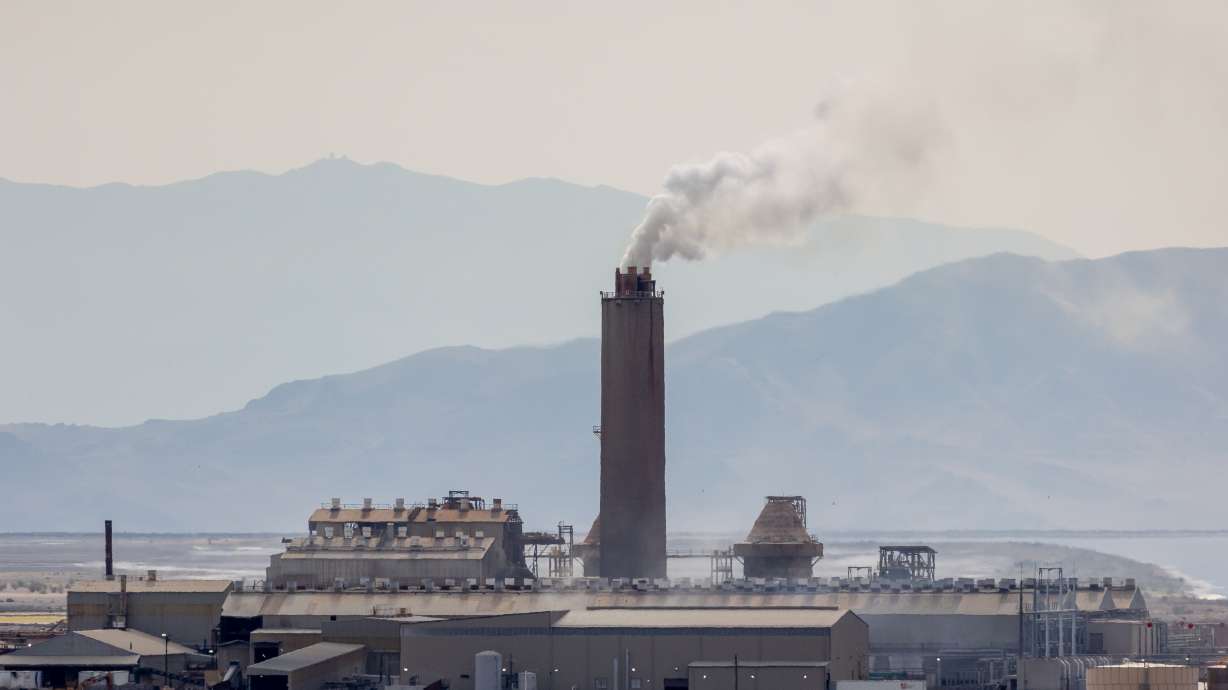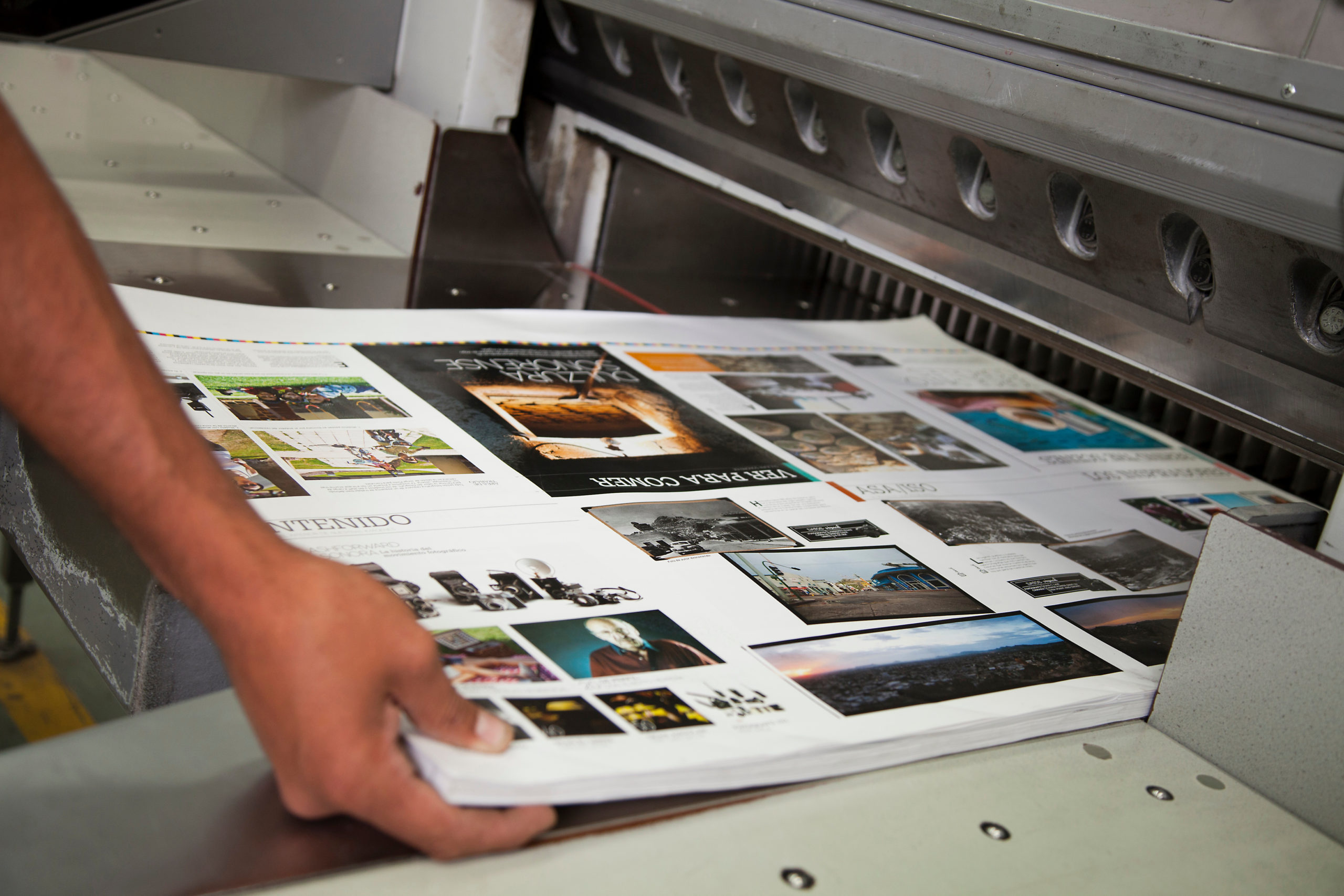UTAH'S AIR QUALITY
Summer Ozone Affects Air Quality In Less Visual Way Than Winter Inversion
Aug 11, 2020, 12:53 PM
SALT LAKE CITY, Utah – During the winter, there’s plenty of conversation about the inversion and the issues it creates for air quality.
However, summer ozone levels also impact air quality, but it’s not as widely discussed.
UCAIR Executive Director Thom Carter joined KSL to talk about ways Utahns can cut down on ozone levels.
“In the winter it’s easy to talk about air quality,” Carter said. “With the inversions, you can see it, you can taste it, you can feel it.”
He said residents looking outside on a summer day when the sky is blue might not think about those air quality issues.
In the late afternoons under the hot summer sun, it turns into a ground-level ozone problem. Hydrocarbons and nitrogen oxides mix together and bake in the presence of sunlight, and that translates into dangerous air quality in the afternoons.
Carter said one of the best things people can do is reduce their emissions or move those emissions to evening hours.
“Think about maybe mowing your lawn at night,” he said. “We like to get up early, mow our lawn, get it done. But then you have all those emissions that bake throughout the day.”
He also suggested switching to electric lawn and garden tools.
Another action Utahns can take is to fill their vehicle’s gas tank in the evening rather than during the day. Carter said gassing up emits hydrocarbons, so hitting the gas pumps at night will keep them from hanging around and baking in the sun.
And, of course, there are the actions that should be done year-round, including carpooling, using public transit, and teleworking.
“That’s really beneficial for our air quality,” Carter said about working from home.
He also noted that drivers should try to be idle-free, which means turning the engine off when parked. In the summer, it can be a challenge.
“In our efforts to clear the air, there are no perfect answers, but there are practical solutions,” he said.
“Just roll down your window, get a fan, you’ll be fine,” he added with a laugh.
For more information, including ways to reduce emissions and make the air healthier, visit UCAIR.org












